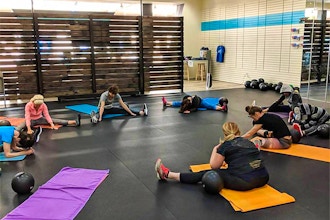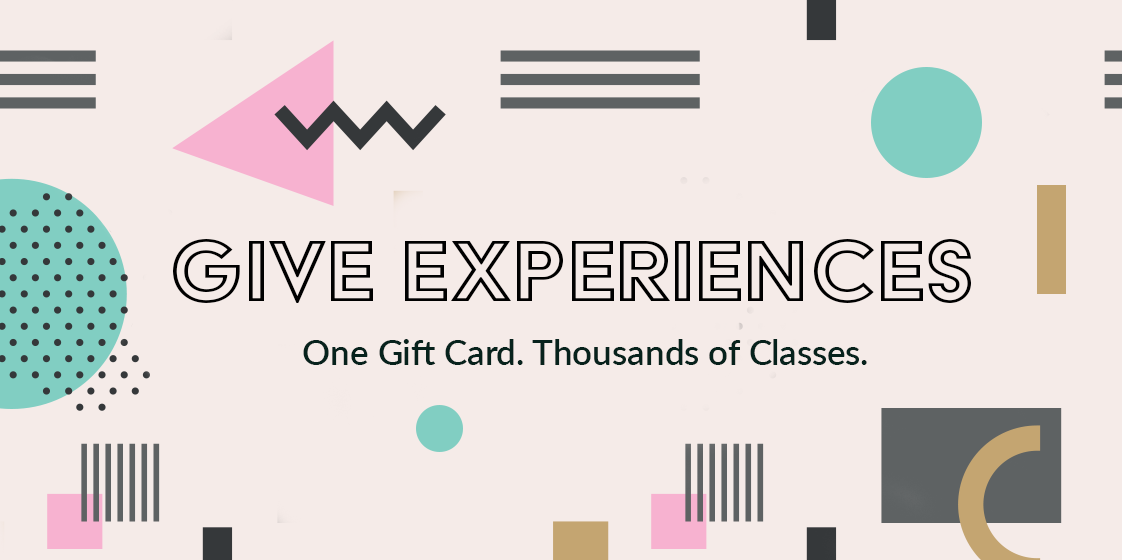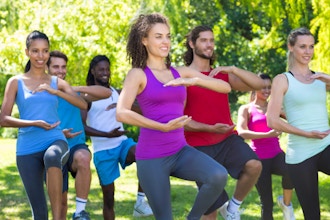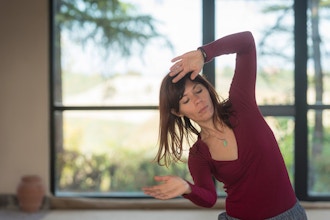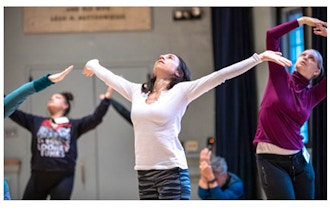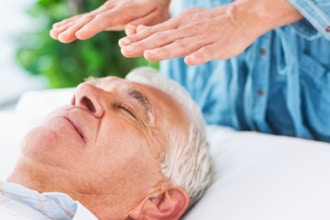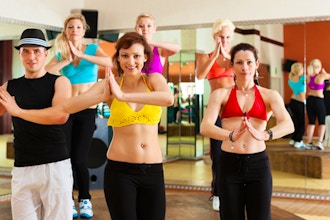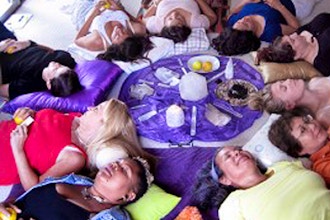Best Health Classes Online
When you think about health, you probably have a specific idea in mind. Maybe being healthy means staying fit and working out or eating nutritional foods—or both. Maybe it simply means you’re not sick and you don’t have any major medical issues going on.
The term health encompasses more than you might think, though. It includes wellness in these categories:
- Physical
- Mental/Psychological
- Social
- Emotional
- Well-equipped to deal with changes in your environment
This broader view comes from three competing views on what it means to “be healthy.” The World Health Organization (WHO) established the baseline definition of wellness as “without disease or infirmity.” Essentially you’re well when you’re not sick. The Lancet further defined health wellness to include “complete physical, mental, and social well-being.” Researchers have also defined health as the “ability to adapt to one’s environment.”
There’s always ongoing research about health of all sizes and scopes. One thing is definite, though: everyone has different needs, even within scientific parameters. This is logical when you consider that everyone lives in a different environment with factors beyond their control.
Having unique needs doesn’t mean research isn’t helpful. In fact, the more you know, the better you can advocate for yourself and get what you need to support your health. It might simply be different from what someone else needs in a similar situation.
What are the different areas of wellness? What does health look like within these areas?
Physical health encompasses the body—how you move, what you eat, and even how you sleep. Ideal physical wellness occurs when your body is in its best working conditions because you stay active, eat a balanced diet, and get enough sleep. These factors are likely the ones you’ve heard before when it comes to health, simply because you can’t physically ignore them. It is your body, after all.
Mental health covers emotional, psychological, and social wellbeing. Emotional health is the ability to manage strong emotions and being self-aware about your feelings both good and bad. Psychological health is the capability to be satisfied with life and figure out how to solve problems when you're in a difficult situation. Finally, social health means being able to build strong and healthy relationships with others, including friends and romantic partners. It’s about forging the relationship as well as maintaining it. Mental and physical health are two sides of the same coin. As a healthy human, you need both.
The definition of health as being adaptable didn’t come around until later. In 1943, French physician George Canguilhem declared that being a healthy human meant being able to adapt to their surroundings. He explained that health isn’t fixed and people must be able to adjust to changes they can’t avoid. This was the first spark of personalized medicine, which calls for a more holistic approach to health. Canguilhem’s model includes all of the elements of health—physical, mental, social, and emotional.
Health research has been going on for hundreds of years, and will continue as technology grows. There’s always more to learn about becoming your healthiest self, whatever that looks like in your life.
Why You Should Learn Health Online
Learning about health doesn’t have to feel like it did in school. There are plenty of ways to explore how to take good care of yourself.
Wherever you decide to start, learning about your health will make you feel knowledgeable and adventurous to try new things. When you focus on wellness, you’ll probably find you have more energy, an important part of everyday life. Plus, when you don’t feel well, you’ll be able to develop ways to manage the pain, emotions, discomfort, and whatever else might be going on in your life.
Finding a health-related hobby can also be really fun. Think about the areas of your life you enjoy, like food or dancing or creating, and begin learning about how that can positively impact your health. What else could you try that’s healthy you’ll enjoy? Anything that feels productive has the added bonus of releasing dopamine and making you happy.
As you’re learning your fun health hobby, you’ll meet new people and likely join communities you wouldn’t have before. Essentially it opens up a whole new world of potential relationships with people who you already know you have at least one thing in common with.
If you decide you love health and want to share that passion with others, there’s plenty of career potential. Whether you want to be a bigger part of your community or start a new career, health has many choices. There are definitely meaningful health careers outside of becoming a medical professional, too.
Virtual Health Classes
If you enjoy online learning, you’re in luck. There are numerous online health classes to choose from. A few clear benefits of learning online include:
- Learning from anywhere that has internet access
- More classes to choose from, and additional specialty topics
- No miserable commute
- Enjoy class more because you’re in spaces you’re already familiar with
- Don’t have to see anyone when you’re sweaty (if you want to take a physical class)
- Invite a family member or friend to join you and participate together
Although you do typically have to provide some supplies for virtual classes, the instructor will advise you about what you need and sometimes even send materials to you before class.
For those interested in essential oils, consider Linda Giammarese’s Virtual Essential Oil Basics course. As a Certified Clinical Aromatherapist, Giammarese has a wealth of knowledge about how oils can benefit your health and which oils have specific benefits. Though you don’t need to purchase materials before class, if you already have oils at home, you can ask about them in class.
Are you creative? You might enjoy YogaProse: A Virtual Yoga & Writing Workshop by 92nd Street Y. No matter what level of yoga you’re familiar with, from beginner to advanced, this one-hour class will help you dial into your physical body and inspire your journaling and creative writing. Practice expressing your feelings through writing, but don’t worry, you won’t have to share at the end.
Private Online Group Health Classes
Looking to schedule a health class as a relaxing and enjoyable team-building event for your organization? CourseHorse has a number of private group health classes that could be the perfect fit.
During Virtual Rough Day Recharge, up to 100 people can participate in a rejuvenating one-hour session to recharge during a busy day. Learn simple desk stretches, practice guided meditation, and team trivia based on cute animals. What’s not to like? Your group is sure to get back to the day feeling calmer and more relaxed. There is a bonus about this group: you can upgrade and have a stress relief gift sent to each participant’s home. Materials aren’t required for this class, but your group might feel extra appreciative if you choose to send them the optional gift.
If you want a class that’s a bit more hands-on, consider a Virtual Vision Board Workshop. A professional artist will guide the group through the basics of vision board creation and the thought process before participants create their own vision boards. Students will receive an inspiring picture book, cork board, and push pins before class, allowing everyone to fully participate. With up to 100 people working on their vision boards and dreaming about their futures, it’s sure to be an uplifting one-hour session.
When booking with CourseHorse, you get some pretty nifty perks:
- No booking fees
- Confirmation of your booking within 24 hours
- Ability to adjust the group size after you book the session
- Multiple supported video platforms for the live group session
Want to know more or discuss options for your group? Simply reach out to CourseHorse via the contact form on their website.
Online vs. In-Person Health Classes
Whether you take a class online or in-person, there are several factors you should consider.
- Technology—Do you have appropriate technology to learn online? If you decide to take a live online course, will your device and internet connection sustain it?
- Instructor/School—Do you want to learn from a specific teacher or school? How will you decide if a class is reputable enough for what you want to learn?
- Goal—Why are you taking this course? Will learning online be helpful to this goal or would it be better to be in a classroom with others?
- Time Commitment—How much time are you willing to spend on this class? Does that include a potentially lengthy commute?
- Distractions—What setting will have the least number of distractions while you’re trying to learn? Is your home quieter than a noisy classroom? Or is an attentive classroom easier to pay attention to than your roommates, kids, pets, or neighbors who might need you during class time if you’re at home?
- Community—What kinds of people are you hoping to meet during class? Online courses may offer more diversity in your peers whereas a community class in-person gives you a chance to meet people near where you live.
There are pros and cons to any type of learning environment, and ultimately the choice will be up to you. For many, the flexibility online courses provide outweighs the potential downfalls.
Can I Learn Health for Free Online?
Yes, you can learn about health for free online. That being said, YouTube and TikTok tutorials will only get you so far, and many times the information is questionable. To ensure a high learning experience and quality of information, your best bet is to take an instructor-led course with a reputable provider. You’ll learn more quickly and rest easy knowing you don’t have to double-check all the information on Google after class is over.


